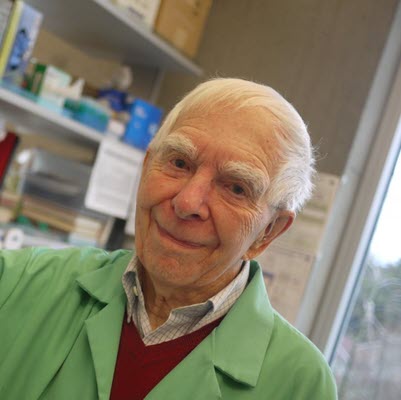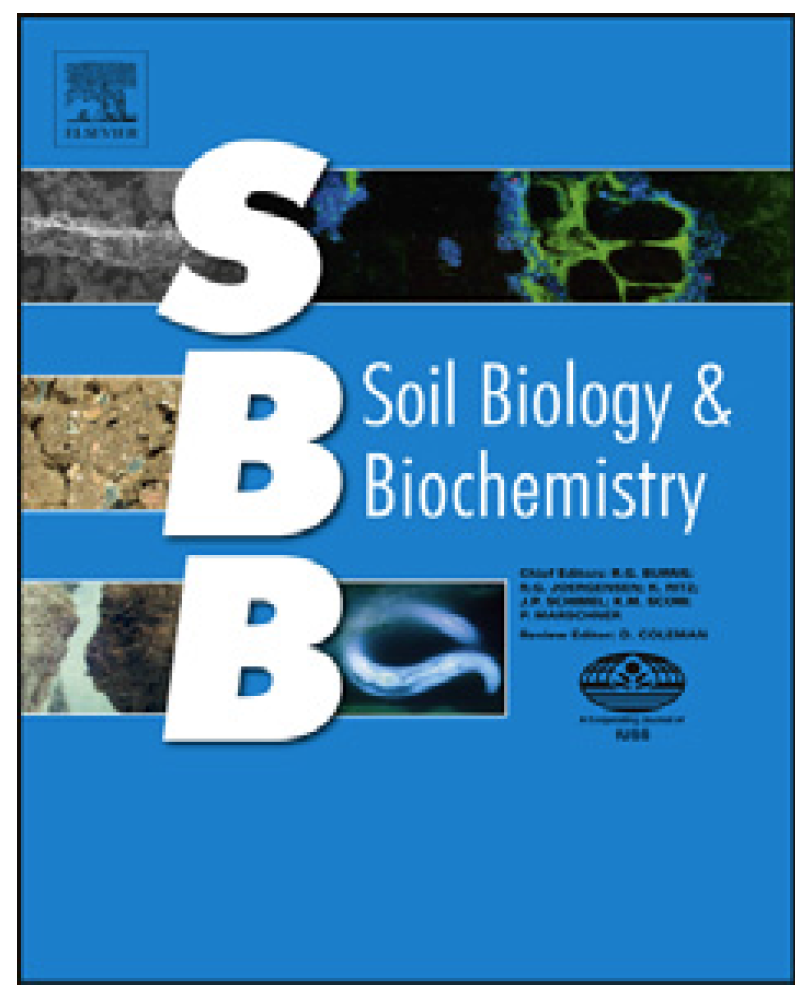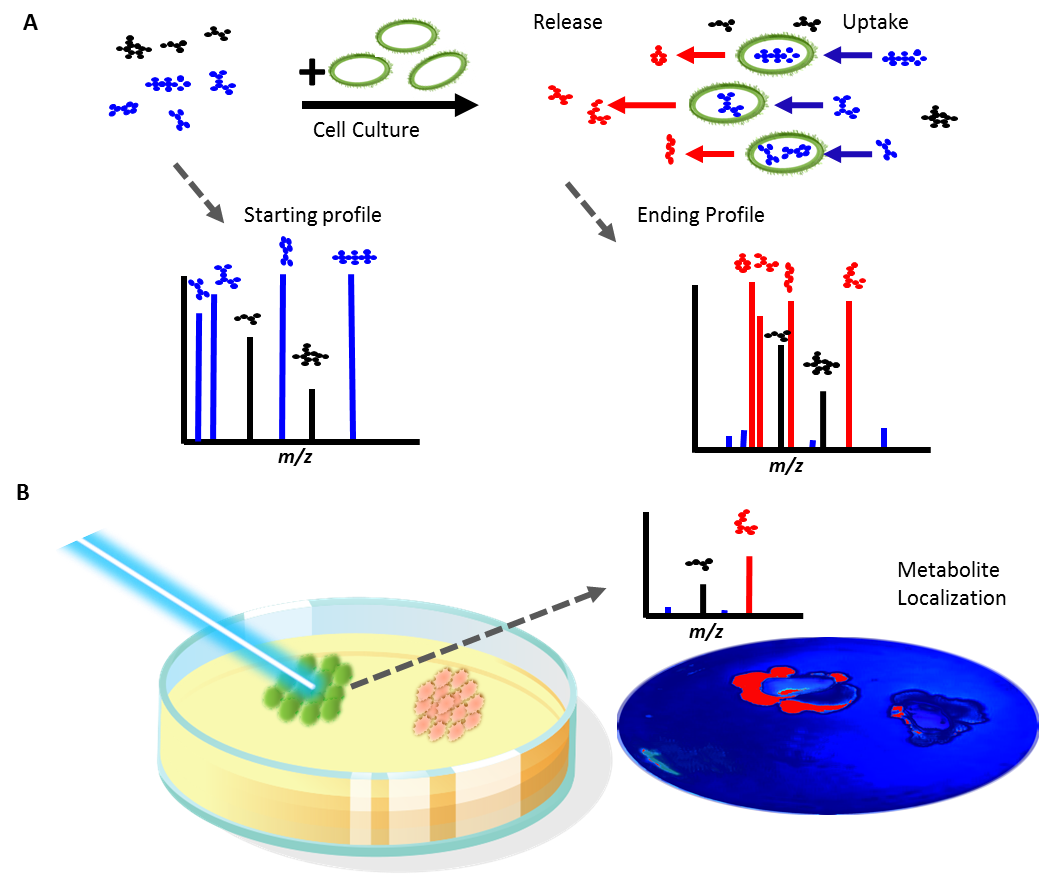A new paper in Nature Communications (with two authors from the Northen Lab, Trent Northen and Suzanne Kosina) has revealed that soil microbes are able to break down polyphenols, a type of compound found in foods such as chocolate, red wine, fruits, and vegetables. Like in the human gut, degradation of polyphenols occurs in oxygen-free/anoxic conditions, which overturns the concept of “enzyme latch” (or the idea that polyphenols regulate soil microbial carbon cycling and stabilize carbon present).
By understanding more of the chemical exchanges occurring in soil, researchers are able to start piecing together the intricate and complex set of interactions that occur in the soil matrix between microbes, plants, other organisms, and the soil itself. This has important ramifications across multiple areas, especially regarding climate change and agricultural research.
To learn more, check out the Nature Comm. paper.
References:
Soil microbes metabolize the same polyphenols found in chocolate, wine
Decrypting bacterial polyphenol metabolism in an anoxic wetland soil




